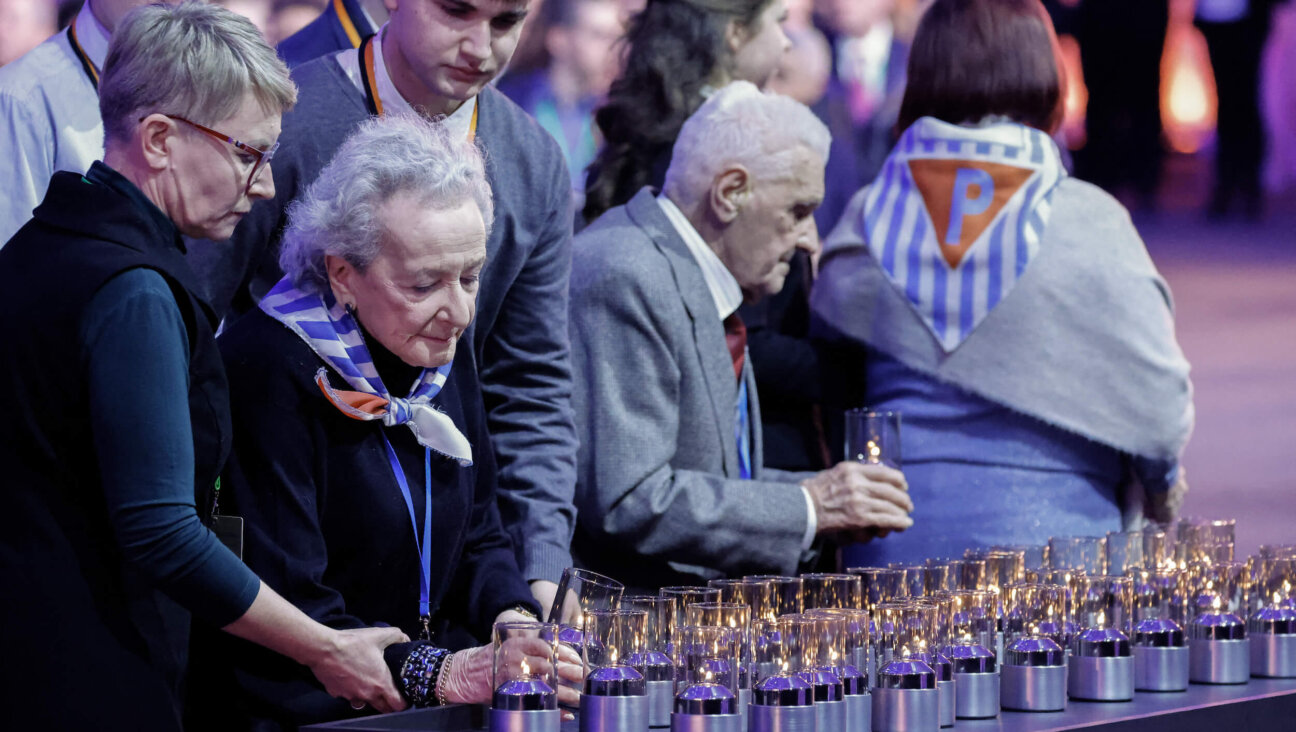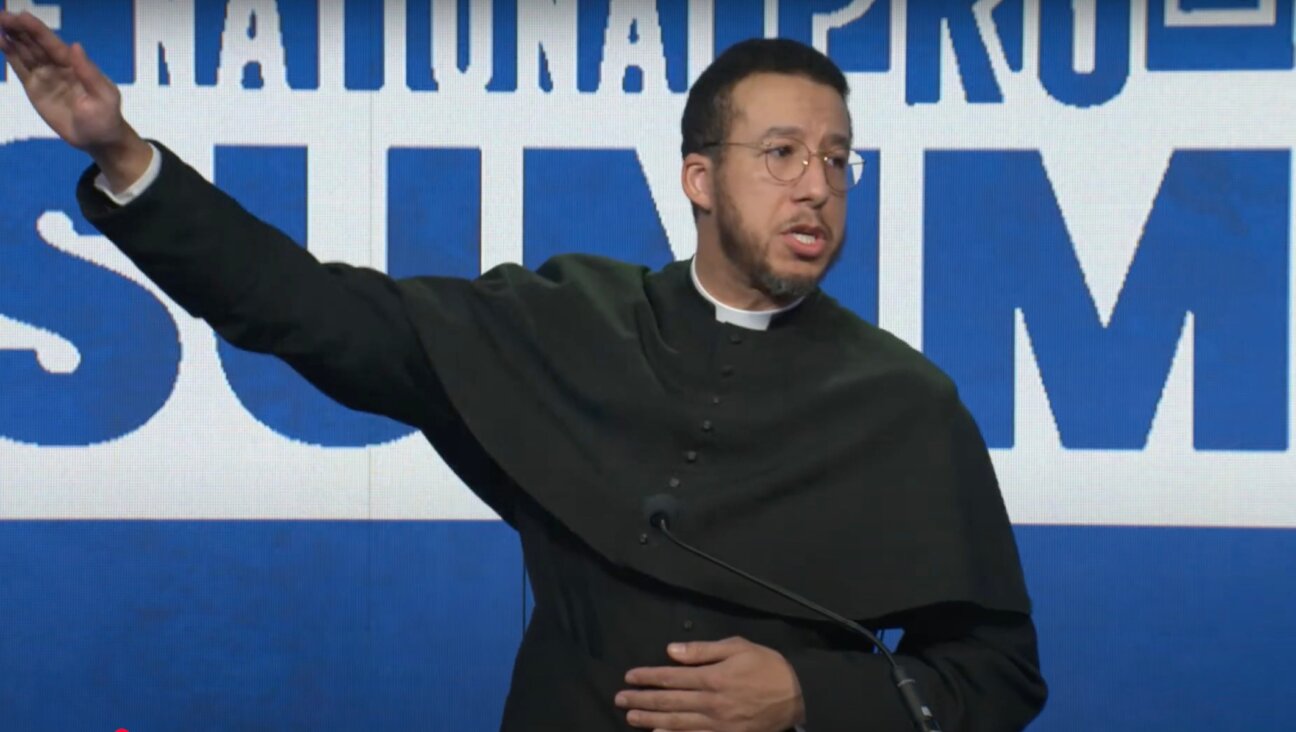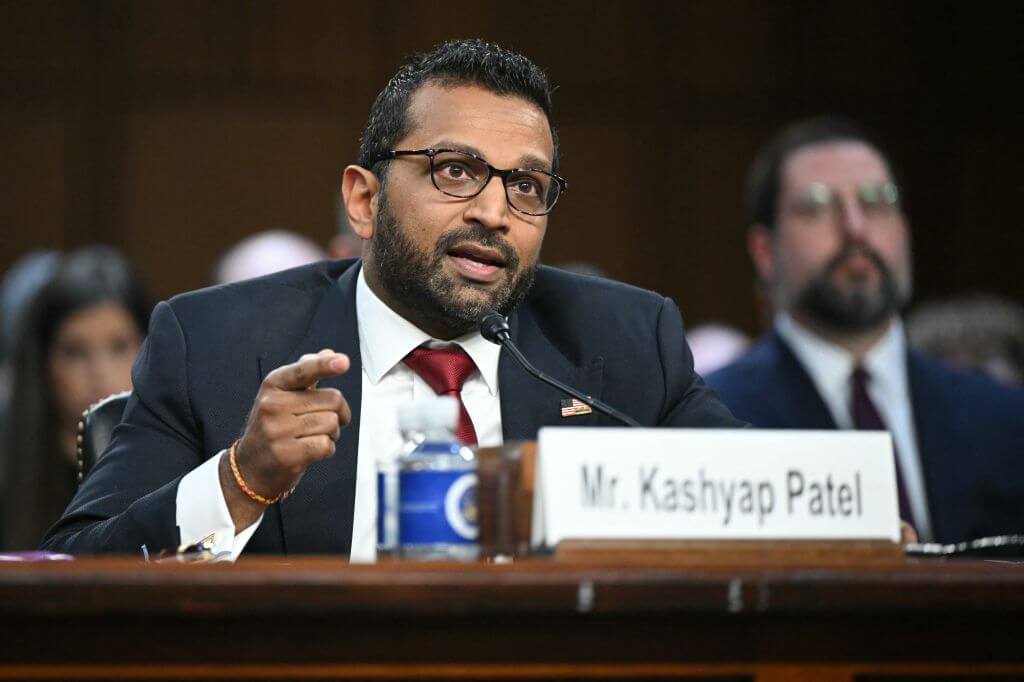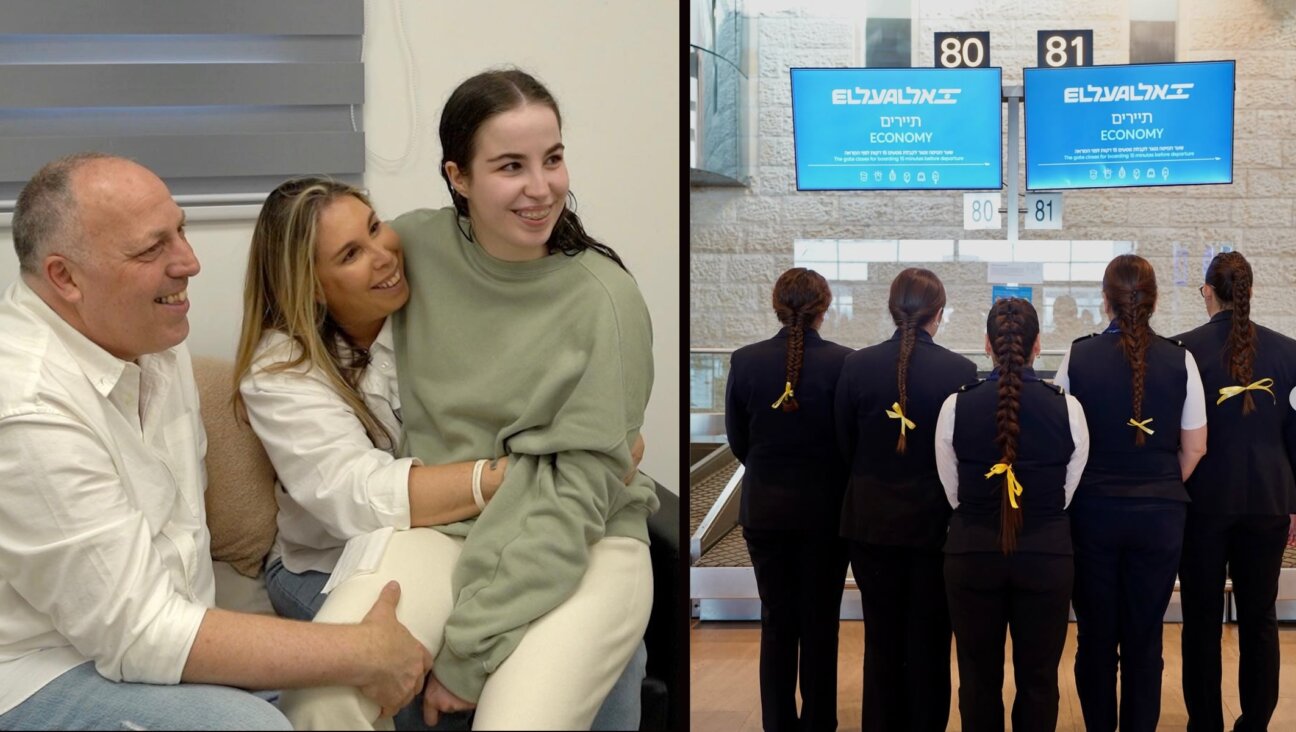As a young Zionist, I used to think anti-Zionist Jews hated being Jewish. Then I lived with them
Living in a Jewish dormitory at Columbia University taught me the value of dialogue with those I disagree with

Israel supporters clash with pro-Palestinian protesters as they participate in the United for Israel march outside of Columbia University on April 25, 2024. Photo by Stephanie Keith/Getty Images
When I first began the creative writing program at Columbia University as a 24-year-old graduate student, I was sure of two things.
I was a Zionist; my belief in the necessity of the continued existence and security of a Jewish state in the Middle East was core to my identity.
And, as a corollary, I believed any Jewish person who was involved in anti-Zionist groups like Jewish Voice for Peace and Students for Justice in Palestine was doing active harm to Jewish people everywhere.
Then I moved into a Jewish student dormitory, the Bayit, where I became close to Jews involved in such groups for the first time. What I learned: The reason that many young American Jews join these radical groups isn’t because they dislike Jewish people, but because they care so very deeply about their Jewishness.
I still don’t agree with the stances taken by JVP, SJP and the other student groups that align with them. But as those groups have earned increasing scrutiny amid a national wave of campus encampments protesting Israel’s war against Hamas, I’ve been disturbed by how many critics of the Jewish anti-Zionist activists seem to have little understanding of the nuanced motivations behind their actions.
The truth is, just as I see Israel’s existence and preservation as a fundamental Jewish value, many of my Jewish anti-Zionist friends see its increasing rightward tilt and its harsh policies toward Palestinians as a fundamental threat to Judaism. We may disagree, but we both developed our positions from a place of deep love.
The Bayit, which hosts 26 residents at a time, functions more like an Israeli kibbutz than a classic American dorm. Every resident is supposed to contribute equally to the purchasing of the food for our kitchen, the clean up and maintenance of our home, and communal decision-making.
During my first Shabbat dinner living at the Bayit, the president of our dormitory’s student board — an openly gay Zionist Jew — said “OK everybody, for clean-up, we are implementing a new dishwashing process. It’s called the two-sink solution.”
Everyone laughed. But the joke gestured at the one item that did really divide the house, whose inhabitants had created a collaborative, trusting environment: Politics.
When I moved in, I was traumatized by my experience as a Fulbright scholar in Germany, researching how anti-Zionist rhetoric often led to antisemitic attacks. In Germany, I’d found, Jews often lived within a culture of fear — most who I met hid their religious identity in public.
I was deeply concerned about how I might get along with the six residents who were members of JVP and SJP. Given the close link I’d observed between anti-Zionism and antisemitism in Germany, I couldn’t imagine how any Jew could justify being a member of anti-Zionist groups.
But as I adjusted to life amid the remarkably diverse Jewish population within our vibrant, loud house — where artists lived alongside pre-med students and engineers, Americans compared notes on Jewish life with Israelis and Europeans, and political liberals and centrists debated issues of the day — I came to a surprising understanding of my anti-Zionist Jewish peers.
My new next-door neighbor was a JVP member named Hannah. She quickly became one of my best friends. Hannah was open and kind, and while we hardly talked about Israel because I still wasn’t ready to, I felt if I did disclose my feelings on Zionism to her, she’d understand.
When our house took votes on admitting new residents, we’d argue about whether to admit politically conservative applicants. Many of the far-left-leaning Jews in the house didn’t know how the conservatives would fit in. Many of the centrists and Israelis felt if we didn’t vote in conservatives, then there would be no way for our house to maintain ideological diversity. Hannah would be the one to stand up and tell us to calm down and actually listen to each other.
As I got to know Robby, an SJP member, I learned how his growing up with little financial means and his attendance at Jewish socialist summer camps led to his radical stances on politics. He desperately wanted everyone — no matter who they were or where they came from — to live a better life and be treated equally. I was surprised by how close he was with several of our Israeli housemates. They honestly seemed like brothers. When they talked about Israel, the conversations often ended with them meeting in the middle. They chose friendship over politics and always seemed to be laughing together.
If there was one thing I realized while living in the Bayit, it was that everyone’s feelings about Israel were in some way defined by the experiences of their youth. The Israeli military veterans were affected by their time in the army and their experience growing up in a country facing constant existential threats. Many of the JVP and SJP members had been made to feel like outsiders in the American Jewish community — because of their politics, their gender identity or sexuality, or their socioeconomic status.
As I learned my left-leaning friends’ stories, I couldn’t help but feel like my American Jewish community had failed them — not least by demonizing them as self-hating Jews for their perspectives on Israel.
One girl who lived in the Bayit, Mia, was the daughter of two Israelis who had moved to America because they were so disenchanted by Israel’s rightward political shift. Mia became like a little sister to me. One day I gained the courage to ask her how, as an Israeli Jew, could she join JVP. Didn’t she believe in Israel’s right to exist?
I disclosed to her the things I’d experienced in Germany: I had met Jews who were beaten up on the streets by anti-Zionists simply because they were wearing a kippah, I had talked to Jewish kids who had been forced to switch schools because their classmates found out they were Jewish and bullied them for their Zionism until it was no longer possible to stay. My time in Germany left me feeling that if American Jews didn’t stand up to anti-Zionist rhetoric, soon we’d be facing these same issues and an open Jewish culture would not be sustainable even in America anymore. This threat felt existential to me.
In response, Mia did tell me that she thought the state of Israel needed to exist, that Jews needed a haven, a homeland. But she said with a sad look in her eyes that she felt if she didn’t join JVP then things in Israel would never change. The plight of Palestinians would continue. Israel would never be the country it could be.
I realized that desperation is why so many Jewish students join JVP and SJP. It isn’t because they hate being Jewish; it was because they feel that they have no other option. I didn’t agree with it, but in some possible way, I could understand it. And having dialogue with them — this was our only way to meet somewhat in between.
A message from our Publisher & CEO Rachel Fishman Feddersen

I hope you appreciated this article. Before you go, I’d like to ask you to please support the Forward’s award-winning, nonprofit journalism so that we can be prepared for whatever news 2025 brings.
At a time when other newsrooms are closing or cutting back, the Forward has removed its paywall and invested additional resources to report on the ground from Israel and around the U.S. on the impact of the war, rising antisemitism and polarized discourse.
Readers like you make it all possible. Support our work by becoming a Forward Member and connect with our journalism and your community.
— Rachel Fishman Feddersen, Publisher and CEO























